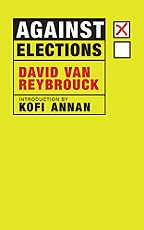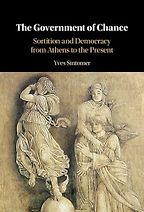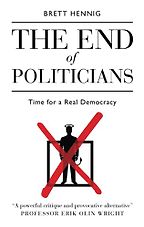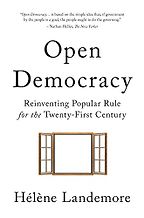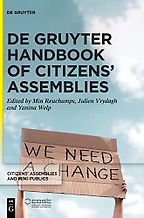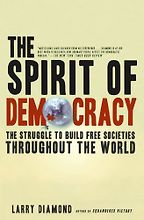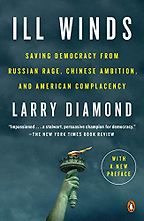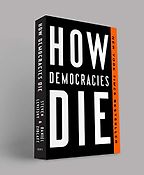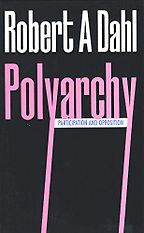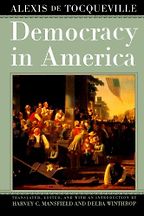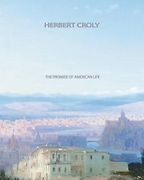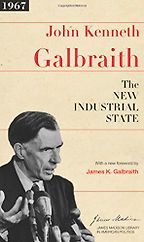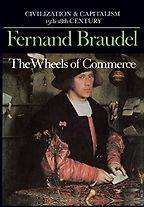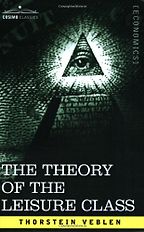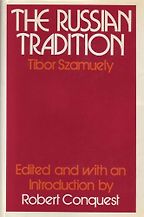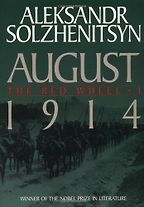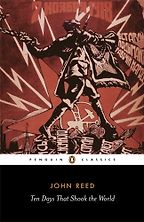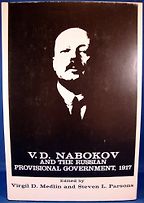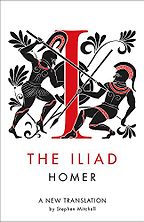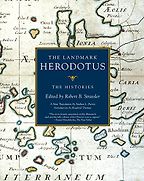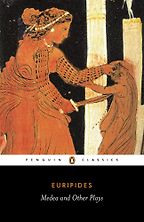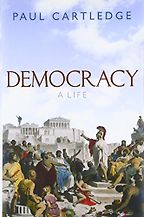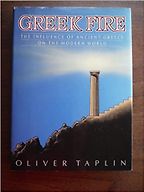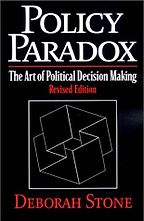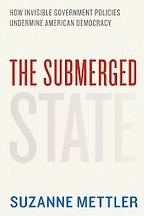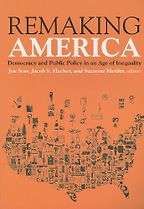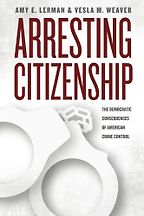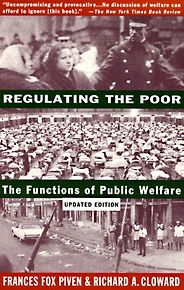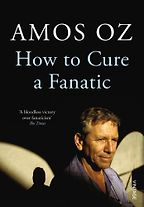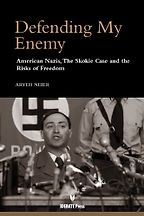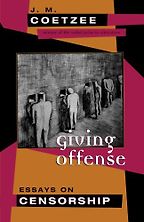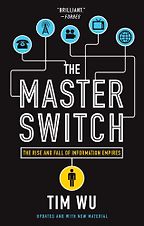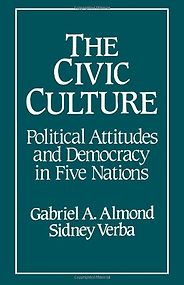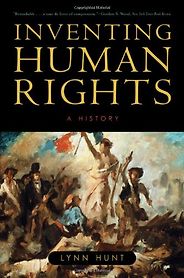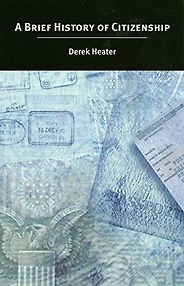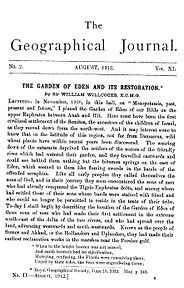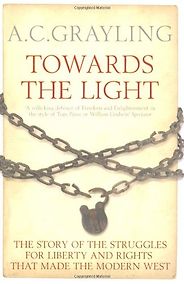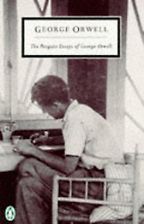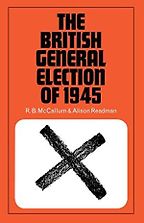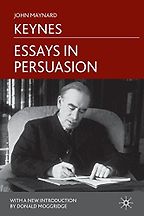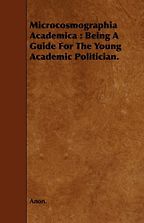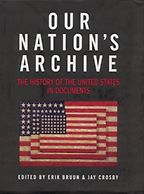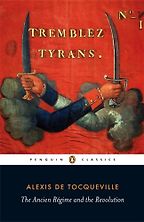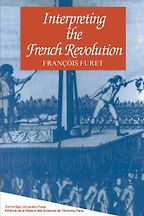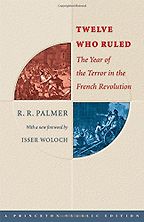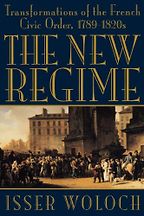Democracy
Last updated: June 28, 2025
Democracy is widely, although not universally, believed to be A Good Thing. But many of both its advocates and detractors insist that examples of real democracy are hard to find. There have been approximations of it, but often the ‘rule of the people’ is subordinate to the rule of a particular section of the people, excludes particular sections of the people, or is a front for the power of vested economic interests. Here our interviews on the subject will help you to decide.
Chris Pelling, Regius Professor of Greek at Oxford, talks about Ancient Greece, including democracy in Athens and elsewhere, and ponders whether Athenian standards of direct citizen control could ever be seen again. He also touches on how, even in Ancient Greece, democracies excluded slaves, women and resident foreigners from decision-making, shortcomings that would be reborn in the modern era.
Professor Lynn Hunt looks at the French Revolution, the battles that have raged over its historical interpretation, but argues that it did, in important ways put France on a path to a democratic future, that no amount of bloodletting and reaction could ultimately impede.
Elsewhere, the writer Timothy Garton-Ash talks about free speech, why it is the guarantor of all other liberties and why its definition and preservation are such fraught issues in our modern, globalised and interconnected world. Stephen Breyer, former US Supreme Court Justice talks about the difficulties and complexities of interpreting the constitution and Jamila Michener, of Cornell University, those related to the politics of policy making—that difficult and technical area of democratic government that goes on between elections.
Elsewhere Robert Reich discusses what he sees as the current malaise in American politics and the capture of the democratic system by vested economic interests in his interview on Saving Capitalism and Democracy. Martin Sixsmith, former Moscow correspondent of the BBC chooses his best books on why Russia is not a democracy. Nabil Yaseen looks at democracy in Iraq. And Peter Kellner looks at the best books on British democracy.
-

1
Against Elections
by David Van Reybrouck -

2
The Government of Chance: Sortition and Democracy from Athens to the Present
by Yves Sintomer -

3
The End of Politicians: Time for a Real Democracy
by Brett Hennig -

4
Open Democracy: Reinventing Popular Rule for the Twenty-First Century
by Hélène Landemore -

5
De Gruyter Handbook of Citizens’ Assemblies
edited by Min Reuchamps, Julien Vrydagh and Yanina Welp
The best books on Citizens’ Assemblies, recommended by Hugh Pope
The best books on Citizens’ Assemblies, recommended by Hugh Pope
Around the world, democracies are struggling with angry populations who are fed up with politicians who don’t seem to represent them effectively. Fortunately, there’s an alternative. Hugh Pope—a veteran reporter on the Middle East who also spent 15 years working for International Crisis Group—introduces us to the growing movement for ‘citizens’ assemblies’, where ordinary people get together to decide what’s best for the community. He argues that these assemblies have already been used effectively on important issues that are difficult for politicians to tackle and reveals how the French president, Emmanuel Macron, came to find out about them.
-

1
The Spirit of Democracy: The Struggle to Build Free Societies Throughout the World
by Larry Diamond -

2
Ill Winds: Saving Democracy from Russian Rage, Chinese Ambition, and American Complacency
by Larry Diamond -

3
How Democracies Die: What History Reveals About Our Future
by Daniel Ziblatt & Steven Levitsky -

4
Polyarchy: Participation and Opposition
by Robert Dahl -

5
Democracy in America
by Alexis de Tocqueville
The best books on Liberal Democracy, recommended by Francis Fukuyama
The best books on Liberal Democracy, recommended by Francis Fukuyama
Even some of the world’s most authoritarian rulers continue to pay lip service to democracy and people’s right to vote for their leaders, but the days when many social scientists believed that all countries at a certain level of prosperity would eventually turn to liberal democracy are over, says Francis Fukuyama, now a Senior Fellow at Stanford University’s Freeman Spogli Institute. Here, he recommends books to better understand liberal democracy, and what those of us lucky enough to live in one can do to protect our form of government.
The best books on Saving Capitalism and Democracy, recommended by Robert Reich
It’s not the first period in history that American society has suffered from a crisis of inequality. Former labour secretary, Robert Reich, recommends books to help us understand the response of previous generations to the same kinds of challenges we now face.
The best books on Why Russia isn’t a Democracy, recommended by Martin Sixsmith
The former BBC Moscow correspondent and author Martin Sixsmith chooses five great works on Russia’s doomed democracies.
The best books on Ancient Greece, recommended by Christopher Pelling
Ancient Greece’s legacy can be seen all around us, including in our political system — but many of us don’t know that much about it. Fortunately, we have someone who has devoted his life to studying this remote time and place to give us a reading list. Chris Pelling, Emeritus Regius Professor of Greek at Oxford, recommends his top five books on Ancient Greece.
-

1
Policy Paradox: The Art of Political Decision Making
by Deborah Stone -

2
Regulating the Poor: The Public Functions of Welfare
by Frances Fox Piven and Richard Cloward -

3
The Submerged State: How Invisible Government Policies Undermine American Democracy
by Suzanne Mettler -

4
Remaking America: Democracy and Public Policy in an Age of Inequality
by (ed.) Jacob Hacker, Joe Soss & Suzanne Mettler -

5
Arresting Citizenship: The Democratic Consequences Of American Crime Control
by Amy E Lerman and Vesla M Weaver
The best books on The Politics of Policymaking, recommended by Jamila Michener
The best books on The Politics of Policymaking, recommended by Jamila Michener
Inequality is coming not just from the economy; it is coming from politics and policy, says Jamila Michener, assistant professor of government at Cornell University. Here she chooses five books that showcase some of the best, most thought-provoking writing on the politics and consequences of policy.
The best books on Free Speech, recommended by Timothy Garton Ash
Free speech is the bedrock of a healthy society, but how do we deal with the torrents of horrible comments—and worse—we see on the internet every day? Timothy Garton Ash, author of Free Speech: Ten Principles for A Connected World, outlines a plan for navigating the complexities and recommends the best books to help us think about free speech.
The best books on Democracy in Iraq, recommended by Nabeel Yasin
The Iraqi poet chooses books on civil and human rights. “I want to spread the word. I want people to get more involved in the political process here in Iraq”
The best books on British Democracy, recommended by Peter Kellner
Political commentator and President of YouGov.com chooses older books from both sides of the Atlantic to show what really matters in politics.
The best books on The French Revolution, recommended by Lynn Hunt
It’s a revolution that still resonates and yet it resists easy interpretation. Lynn Hunt, a leading historian of the French Revolution, tells us what the events of 1789 and later years really meant, and what relevance they have for us today.
